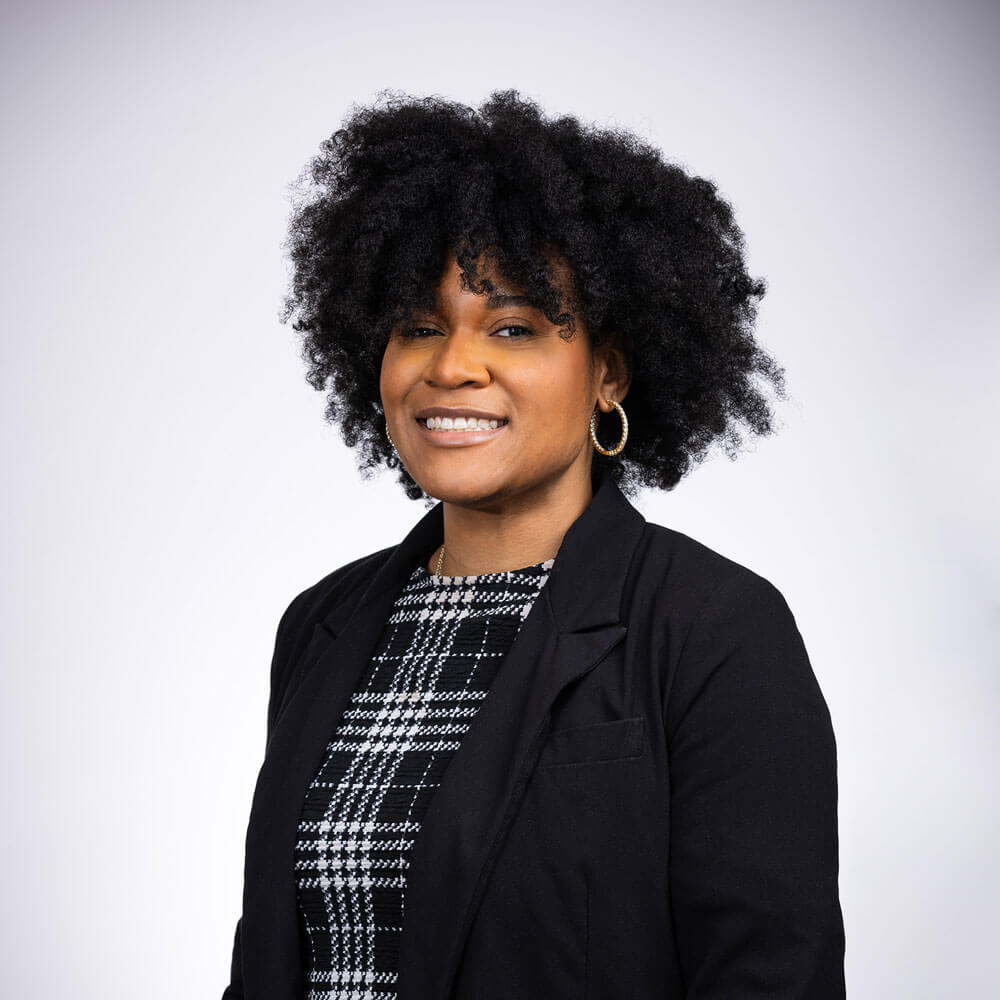Sharon Eshelman
Sharon Eshelman is a strategic planning and stakeholder management professional with two decades of hands-on government service and consulting experience, most…
Mia Luckett
Mia Luckett delivers timely insight, detailed research, and federal agency and congressional updates to Lewis-Burke clients. Mia specializes in monitoring and…
Advanced Intelligence on New Competitive Funding Mechanisms
NASA’s Space Technology Mission Directorate was beginning to consider new competitive research institutes in engineering technologies. Lewis-Burke worked with…
Building Support for NASA’s Heliophysics Division
NASA’s Heliophysics Division budget underwent a multi-year period of stagnation and decline while other NASA science divisions consistently received funding…
Establishing a Cybersecurity Center
Lewis-Burke led the development and facilitated execution of a comprehensive federal strategy to obtain sustained support for a federal research and…

